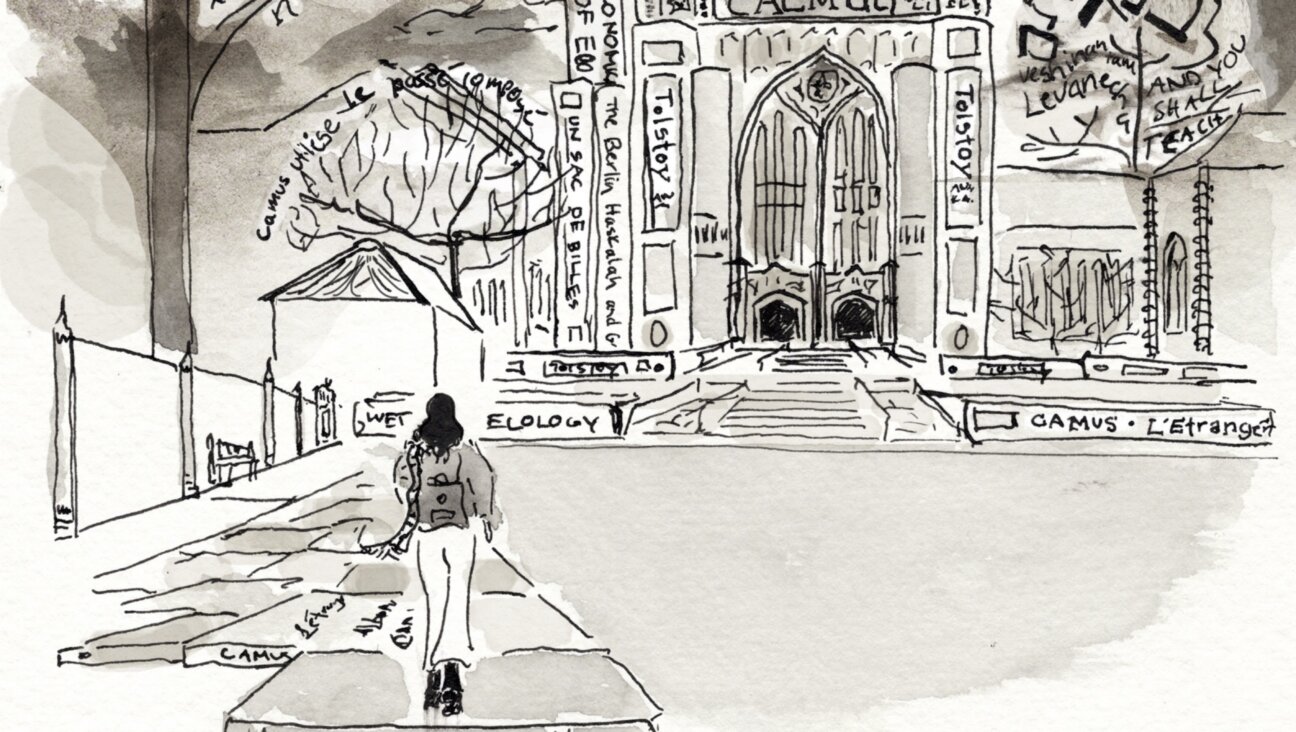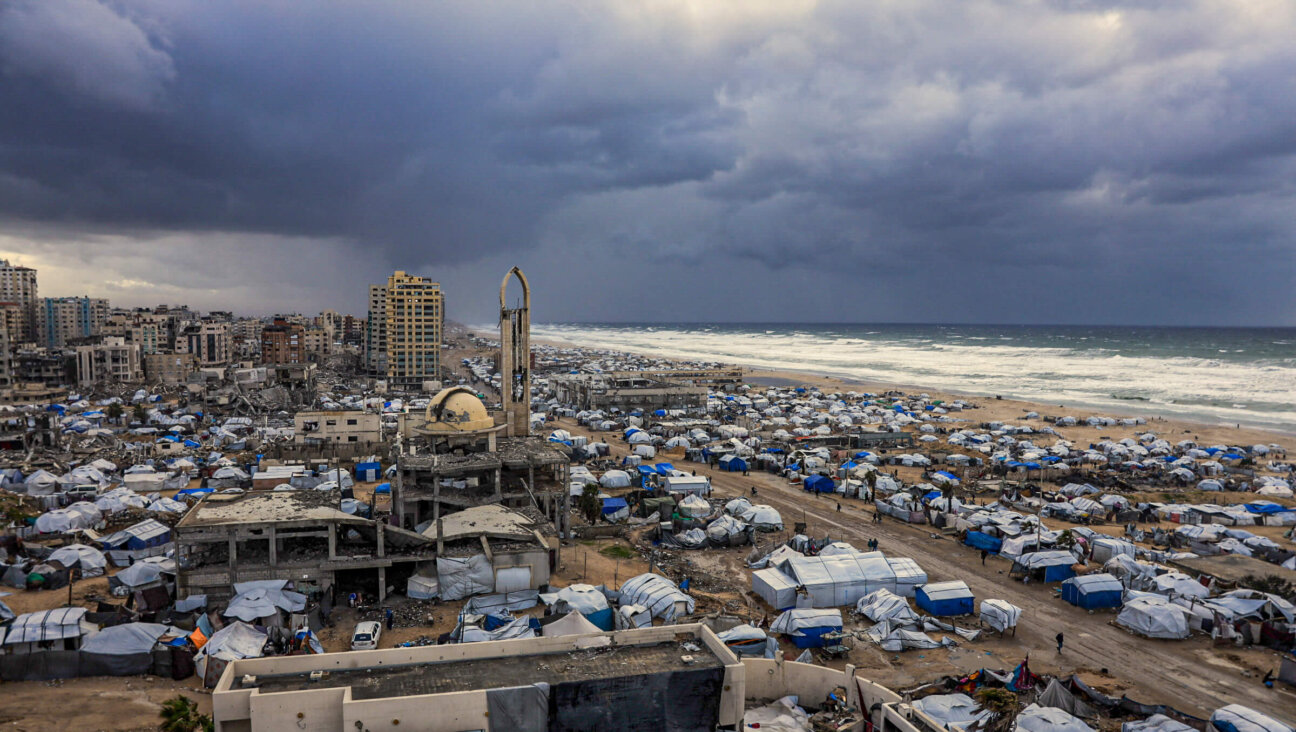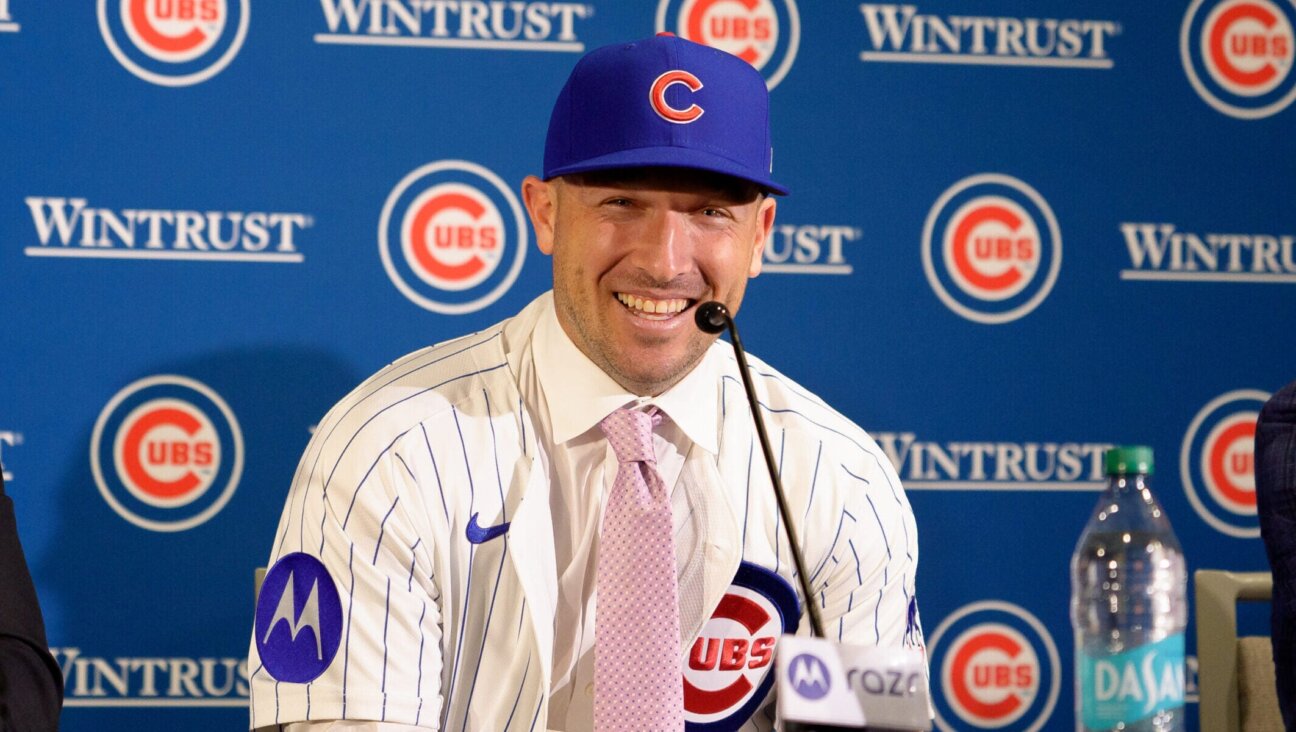First PersonPledging allegiance to the Highland Park of my childhood
The assault on the town where I grew up in the 1940s and 1950s prompts memories of precious civic space
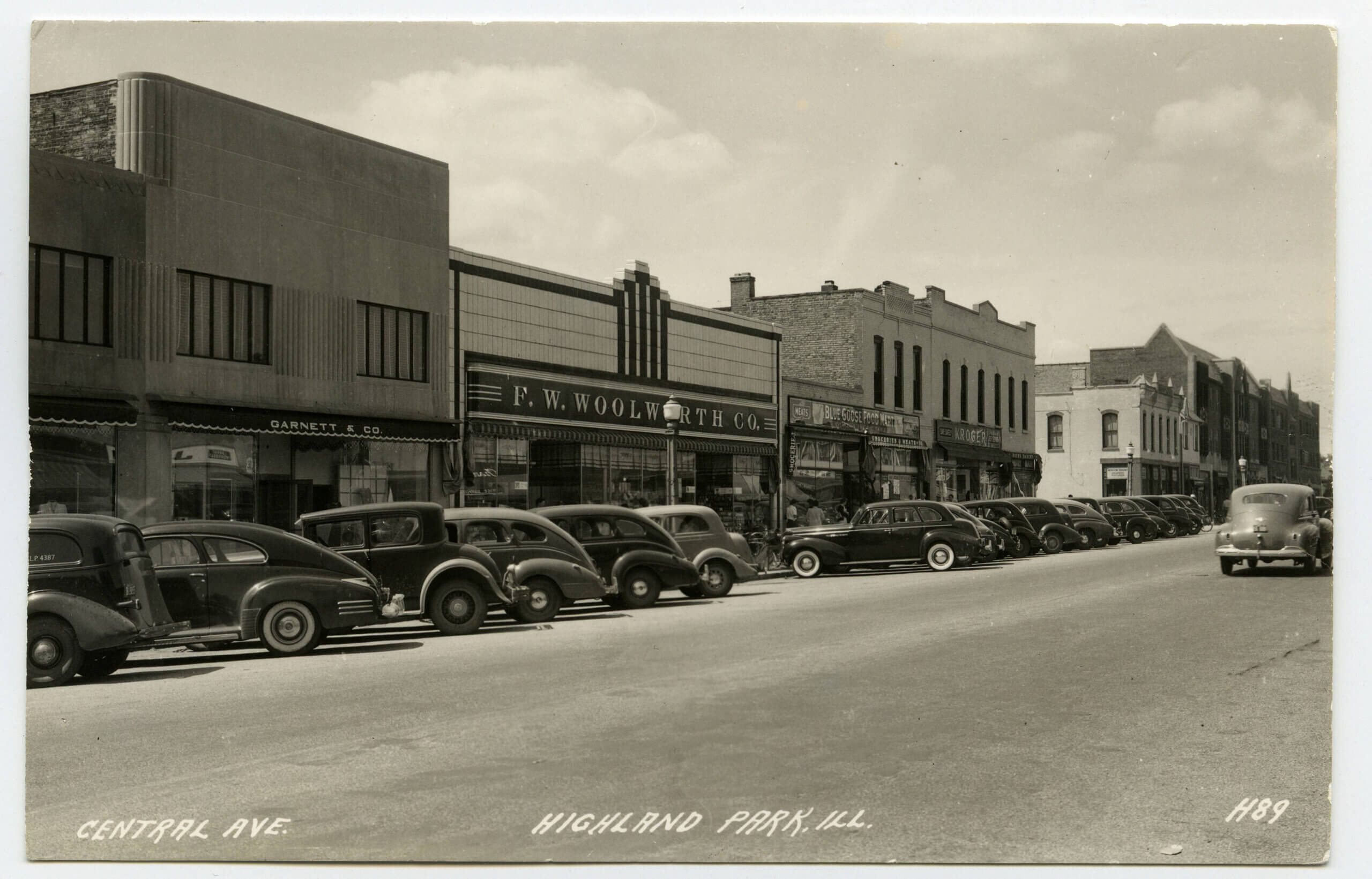
Graphic by Angelie Zaslavsky
As I prepared lunch for a family outing on July Fourth, the news broadcast I was listening to with half an ear delivered a gut-punch. Another mass shooting, but this time, it was my town that had been violated.
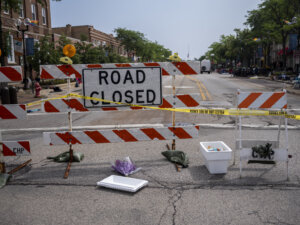
It’s been more than five decades since I left Highland Park, Illinois, and I didn’t know any of the seven people killed or dozens more wounded when a local young man shot up the parade. My parents and my brother are gone, and my sister and her husband now live in New Jersey. But an attack on the town that incubated your childish dreams and struggles and the teenage version of what would become your “self” is an assault on your very foundations.
The voices of the MSNBC newscasters would soon give way to those of survivors, police officers and public servants, along with blood-curdling clips played on a loop from the moment that our holiday of independence was shattered by wanton violence.
The Highland Park where I grew up in the late 1940s and the 1950s was not perfect, but the public space was open, welcoming and, for the most part, safe. There was a commitment to a res publica — and that “sacred republic” was reflected in nearly every realm of our lives.
The public images of the America that still carried scars from World War II were everywhere in our commuter suburb of Chicago, from the faces of Walter Cronkite and “the Morrow Boys” on the daily television (once we actually had television), to the fierce commitment of our teachers to a liberal, democratic education.
At Ravinia Elementary School (built in 1897, and when I was a student there in the 1950s, still small and intimate), we worshiped Mr. Burkard, who encouraged our 10-year-old selves to think out of the box. My old schoolmate Susan Epstein Messitte, who went on to the Peace Corps and a career in higher education and public service, reminded me of how Mr. Burkard festooned our classroom at holiday time with a camouflage parachute from his service in the army instead of a Christmas tree, and scared us out of our wits by reading “The Monkey’s Paw” in front of a blazing fire on cold winter days.
Years later, at Highland Park High School, an imposing building with many academic and athletic facilities, teachers consecrated the classroom as a safe, inclusive space in which to probe both the most recent lessons of war and dictatorship and the accumulated wisdom of the generations — in English, Latin and French. There were football and baseball games to which it seemed everyone turned out; proms for which we got our teeth straightened and our wrists festooned with drooping corsages; and, near the railway station on Central Avenue, nascent political rallies that our mothers attended.
There were also some lessons learned through negative examples. The notorious Miss M. did her best to spoil the love of English literature for me and my younger brother Ira — and, I suspect, for generations of impressionable teenagers. I think I became a professor of literature to counterbalance the Miss M’s of the world.
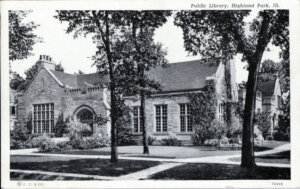
But the person who most embodied the spirit of the town for me was Miss Boyé: Inger Boyé, the now-legendary children’s librarian at the Highland Park Public Library. In my memory, she was my own personal librarian, the one who always knew the next book I should read as I came to return the armful I had borrowed the week before.
Thanks to the memories of the current library staff, and their archives, I now know that Miss Boyé was born at the end of the 19th century, grew up in Oslo, was trained at Columbia University, translated and wrote poetry — and worked in my town’s public library from 1935 till 1964. A room there was later dedicated in her memory. The library is still located just steps from the Highland Park train station, within earshot of the bullets that were fired on July Fourth.
Public education in a public space, the commitment to what we used to call the humanities — without the censorship that is currently plaguing schools and libraries all over the United States — was the greatest gift that Highland Park gave me.
It is a place of leafy trees, deep ravines, and the magical Ravinia Park, summer home of the Chicago Symphony Orchestra. Yes, it was a virtually all-white community then, and its population of about 30,000 remains 86% white today. For families like ours in those years, when Kenilworth and other pricey Chicago suburbs were still closed to anyone who looked or prayed differently from the norm, Highland Park was a haven.
My after-school hours were spent mainly on our quiet street in the Ravinia section and later in Braeside, where children from Catholic and Jewish and Protestant homes judged each other by our batting averages and ability to mix the right amount of Kool-Aid powder into the cups we sold to thirsty teenagers for 5 cents each. We visited each other’s homes at the holidays with respect and curiosity, even if some mutual, unspoken suspicion may have prevailed.
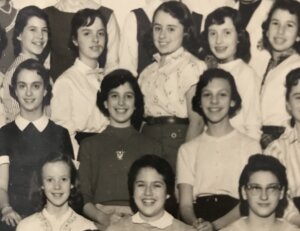
We know that it only takes one psychopath to shatter the lives of dozens — hundreds — of individuals and families forever. And we also know how endangered the public sphere is in America today: endangered by the culture warriors who would desecrate the memory of all the Miss Boyés by removing Toni Morrison and Art Spiegelman from public libraries and school curricula. Radical mobs such as those who wrought havoc on the U.S. Capitol on Jan. 6, 2021, are still out there, armed to the teeth, living in the hate-filled blogosphere and inimical to all we hold sacred.
The gut-punch that is the body’s response to trauma will, of course, settle into something else for those not directly affected: a lingering sense of malaise and a sudden jolt when the scene reasserts itself in the unprotected subconscious. Emily Dickinson knew about this in the confines of her quiet Amherst home:
After great pain, a formal feeling comes –
The Nerves sit ceremonious, like Tombs –
The stiff Heart questions ‘was it He, that bore,’
And ‘Yesterday, or Centuries before’? …
This is the Hour of Lead–
Remembered, if outlived,
As Freezing persons, recollect the Snow–
First–Chill–then Stupor–then the letting go–
The reference to Jesus in lines 3 and 4 comes to me through a diaphanous veil of desire. Being Jewish often limits my access to such objects of comfort. But, having lived most of my adult life in Jerusalem, where the three great monotheistic religions coexist without really seeing or acknowledging each other, I am acutely aware of the dangers of religious hermeticism. And, indeed, the world that incubated me had a wider embrace.
So: in the spirit of Emily Dickinson, of Miss Boyé, Mr. Burkard, and of Irina and Kevin McCarthy, the couple killed on July Fourth while saving their 2-year-old son, Aiden, I pledge allegiance to this great, wounded nation and to all its Highland Parks.
To contact the author, email [email protected].


